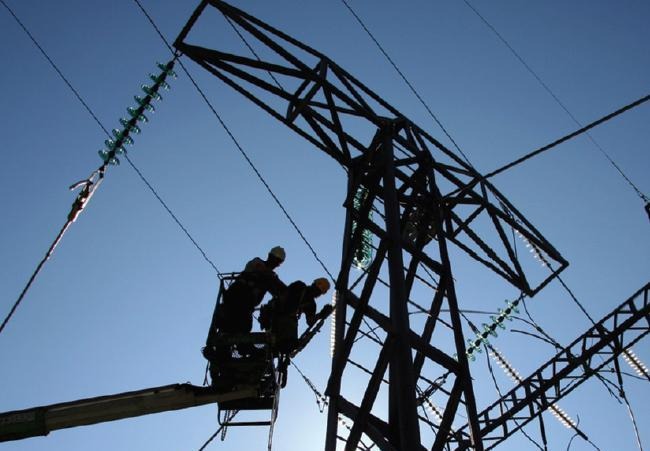Belgium has never been so dependent on other countries for its electricity supply, despite record production by natural gas-fired power stations. Almost a quarter (22%) of the electricity consumed in 2018 came from abroad, according to preliminary figures from the grid operator Elia. This is far more than the year before, when imports accounted for barely 8% of consumption. The cause for this significant jump in electricity imports is primarily due to the shutdown of several nuclear power stations. As a result Belgium had to quickly find new power suppliers. Nuclear energy production, which covered 50% of consumption in 2017, fell to barely 34%, with historical lows in October and November, when hardly a nuclear power plant was in operation.
The capricious nuclear power plants were largely replaced by gas power plants, which underwent an unexpected revival. In November, no less than 43 percent of the Belgian energy mix came from gas, the highest percentage ever. Electricity producer Engie/Electrabel and Energy Minister Marie Christine Marghem (MR) had to pull out all the stops. Old and non-operational or heavily polluting gas turbines were also reconnected to the grid.
Wind and solar energy were also part of the power mix. In 2018, another record amount of renewable energy was produced. The sun also shone: in July it produced 8% of all the energy generated that month.
Nevertheless, Belgium remained very dependent on foreign countries, especially France and German. In 2018, one import record after another was broken, with the highest import levels at the very end of the year. On 26 December, Belgium imported 5,234 megawatts at a certain point in time, which comes close to the total of the entire Belgian core park (5,920 megawatts).
This high level of imports is not only due to the shutdown of nuclear power plants. It is also a reaction to lower prices abroad, making it more attractive for electricity suppliers to purchase their electricity outside Belgium.
Through better agreements and cooperation with the European system operators, Elia has succeeded in significantly raising import levels. In the meantime, additional input lines are being built. Last week, the Nemo Link, an electricity connection with Great Britain, was tested for full capacity for one hour. According to current timrframe, the cable - which accounts for 1,020 MW, the capacity of a nuclear power plant - should become fully operational in the first quarter of 2019.
That will probably be too late to help lighten the next phase of tension on the Belgian energy market. When a shot of winter weather hits in January or February, energy suppliers will have to work hard to scrape together enough energy to meet demand.
Arthur Rubinstein
The Brussels Times

